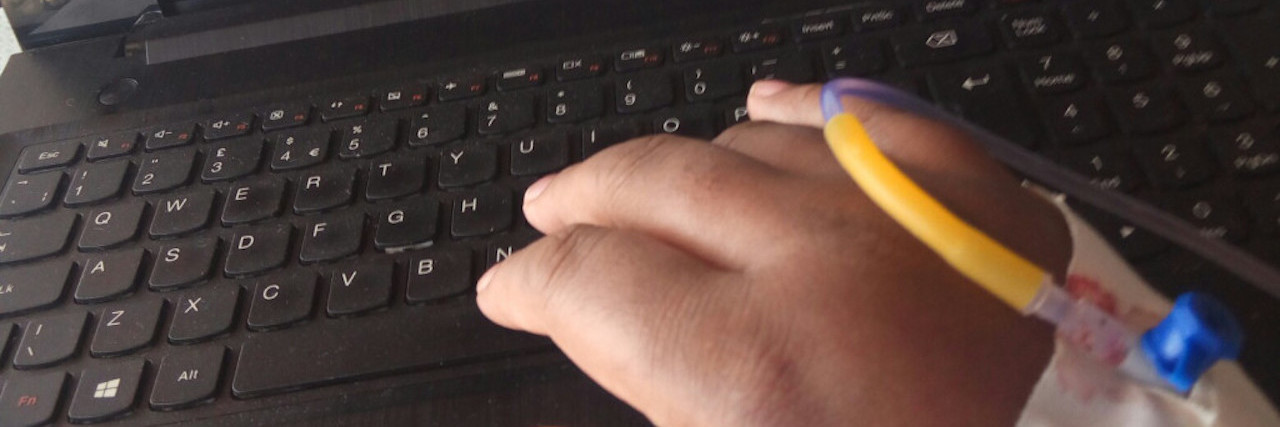There are things you don’t notice when you are a first-timer or occasional-er in a hospital. You’re in, trying to figure out where you are supposed to go, get your ticket, wait for what seems like forever, then you finally see your doctor and you get sent for tests or get a prescription. Eventually, you go home, recover and move on.
Or it could be that the process above comes on a German speed train and you end up in the high dependency centers, recovering from illness, injury or surgery. Then you get shifted to a normal ward for longer recovery. Your folks or a hospital assigned person would then help you with the discharge process. You go home, recover and move on.
You may notice that I am speaking about the better sections of the Kenyan medical care system. Trust me, it’s a jungle out there in the public hospitals.
Either way, a one off trip, to a public or private medical center, the hospital is very different from repeated trips when you’re just trying to either alleviate pain, discomfort or death from illness.
Keep coming around and you start to know how things work – which drawer the cannulas are kept in, which nurse is worrying about her son, which phlebotomy technician just became a granddad. You start to notice repeat faces in the waiting room. And when the indignity of illness and the broken medical care system throws you together a little too often, you shed the stoic Kenyan distance and you say hello.
The waiting rooms tend to fill out. So next week, you’ll give your seat to Mama Karanja because she is obviously in a lot more pain than you are. The week after that Mzee Bernard will give you his seat, and the first timers will wonder why a bent old man would give his seat to a young woman who doesn’t even look that sick. Mr. Thomas, the high school Principal always brings the newspapers and you have to fight with Mark for the puzzle pages. Lucy never says a word, but you all smile knowingly when she rolls her eyes every time one of her mother’s friends stops by (there’s always a new one), and tells Lucy, “It will be well.” Like there could something that could be well with a 16-year-old being gnarled and broken by juvenile arthritis.
Two months down the line, and your clinic visits are some kind of support group. You find out that Mama Karanja’s insurance had some kind of problem, so she missed a bunch of sessions and then had to look for Dr. L at his second clinic where consultations are cheaper. Mzee Bernard’s nephew works at a pharmacy in town where you can get meds at nearly half the price of what the hospital dispenses their meds at. Mr. Thomas is trying out alkaline water. Mark is going to India. His cousin is going to donate a kidney. Lucy is trying to convince her mum to let her attend regular school.
And my phone, tablet and computer all remember the guest WiFi Password.
Most first timers or occasional-ers don’t think to ask for the WiFi password because when they come around into the hospital environment they are either feeling too sick or too anxious to attempt any of the activities that might require an internet connection.
But you find yourself in a waiting room or hospital bed too often, and you begin to need to fill the endless waiting periods with something other than waiting for the next drip drop to fall. You watch, you read, you eavesdrop, you daydream, you solicit for information that may sometimes quite honestly not be your business. And when you get the WiFi password, everything just seems right with the world.
This story originally appeared on She Blossoms.

